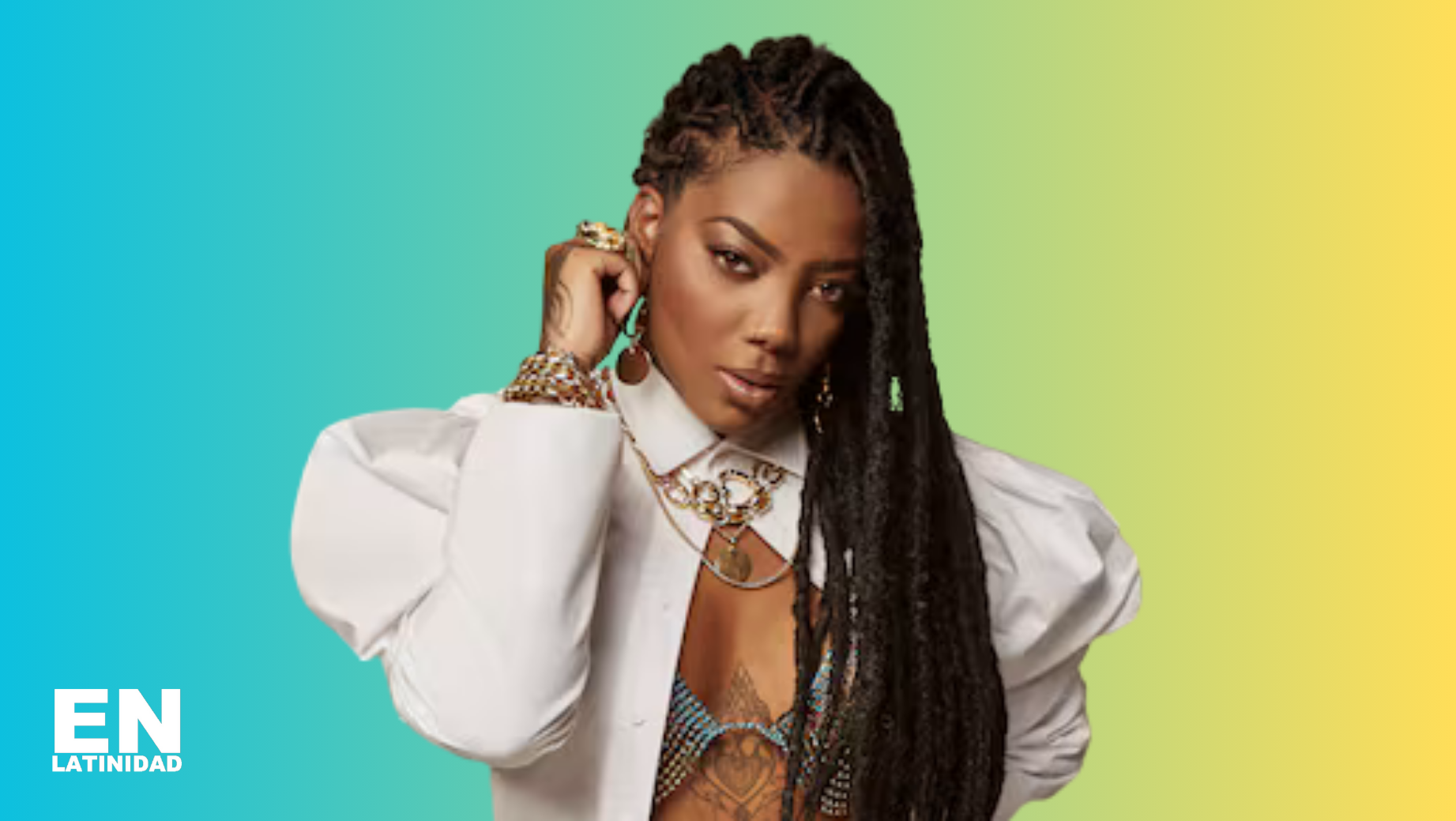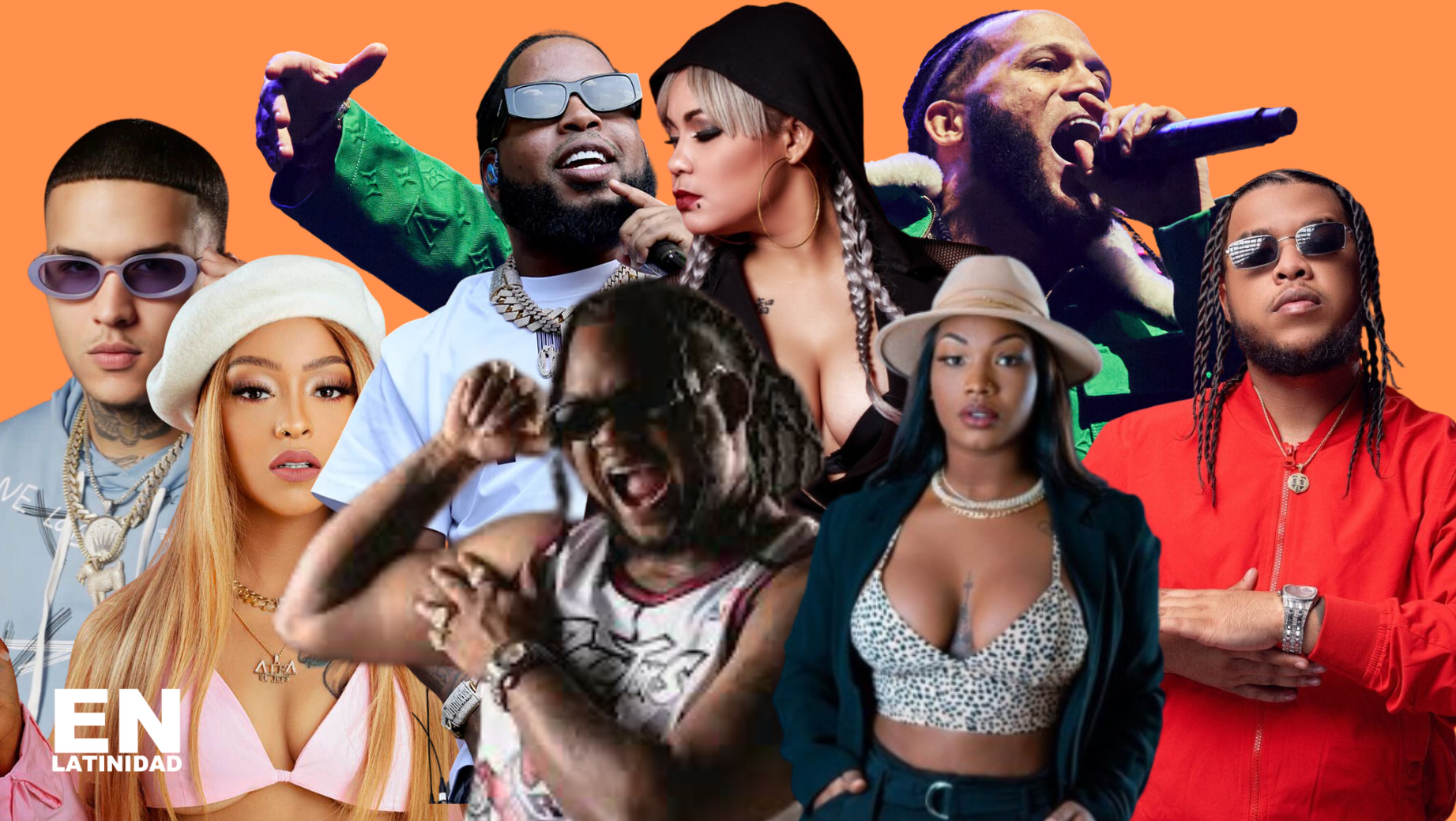Ludmilla Makes History as First Afro-Latina on Coachella’s Main Stage, Bringing Queer Love and Brazilian Funk to the Desert
In a defining moment for music history, Brazilian superstar Ludmilla became the first Afro-Latina to perform on Coachella’s main stage—a milestone that felt both triumphant and long overdue. Known for her powerful voice, commanding stage presence, and unapologetic Blackness, Ludmilla didn’t just make history—she made it impossible to ignore. Against the sprawling desert landscape of Indio, California, she delivered a performance filled with Afro-Brazilian pride, queer joy, and undeniable global resonance. The crowd might have come for the spectacle, but they left remembering the name Ludmilla—the girl from Duque de Caxias, Rio de Janeiro, who refused to be silenced.
Ludmilla’s ascent to international stardom is a blueprint for resilience and reinvention. Born Ludmila Oliveira da Silva, she first gained attention under the stage name MC Beyoncé in the early 2010s, a nod to her musical idol. Her breakout came with the funk carioca anthem “Fala Mal de Mim,” which launched her into the national spotlight. But she didn’t stop at funk—Ludmilla evolved, infusing her sound with pop, R&B, samba, and pagode, breaking free of genre constraints that so often limit Black Brazilian artists. Her 2020 project Numanice flipped the script on Brazilian music trends, centering pagode (a samba subgenre) in a way that felt fresh and rooted in community. It went platinum.
Despite her success, Ludmilla has often been erased or overlooked by Brazilian media, which still favors white or light-skinned artists in its mainstream narrative. She’s faced colorism and racism not just in coverage but in credit—rarely given the recognition she deserves for reshaping the Brazilian music landscape. Still, Ludmilla has stayed rooted in who she is, wearing her Blackness, her womanhood, and her queerness with pride. Her visibility is political. And her presence at Coachella wasn’t just a win for her—it was a win for Afro-Latinas, Black Brazilians, queer women, and fans who’ve long felt excluded from these cultural spaces.
In addition to being a powerhouse performer, Ludmilla has been open about her queer identity and her love story with now-wife Brunna Gonçalves, a dancer and former Big Brother Brasil contestant. Their relationship has been refreshingly public in a country where LGBTQ+ rights are under constant threat. Ludmilla and Brunna’s love isn’t performative—it’s a declaration of joy, defiance, and everyday intimacy. They show affection in interviews, post together on social media, and continue to celebrate their love despite ongoing backlash. For many queer fans across Latin America and the diaspora, their relationship feels like a radical mirror—a rare, affirming sight in celebrity culture.
Ludmilla’s Coachella set was a masterclass in global Blackness. She brought funk carioca to a festival more known for pop crossovers and synth-heavy sets, reminding the crowd that Brazil’s Black cultural exports are among the richest in the world. From her outfit to her dancers to her multilingual call-outs to fans, she honored the favelas she came from while embracing the global stage she’s always deserved. It was a sonic trip through her catalog, but also a celebration of Black joy and queerness that had the crowd moving—and thinking.
Her list of accomplishments is stacked: She’s a Latin Grammy winner. She’s one of the most streamed female artists in Brazil. She was the first Black Brazilian woman to perform her own pagode show at Maracanã Stadium. And now, she’s broken the Coachella color line for Afro-Latinas—something no one else had done before her. It’s not just symbolic, it’s seismic. Because for too long, Afro-Latinas have been the backbone of global culture while being kept out of its most prestigious spaces.
But let’s not ignore the elephant in the room: it’s 2024, and only now has an Afro-Latina been given the main stage spotlight at Coachella. That’s not just a delayed celebration—it’s an indictment of how long Black Latinx artists have had to wait to be seen. Ludmilla didn’t just show up; she arrived after years of building her name, sharpening her craft, and surviving an industry that was not designed to hold her. Her performance wasn’t a favor—it was overdue acknowledgment.
Still, with this historic set, Ludmilla has cracked open the door. Hopefully, it won’t take another decade before more Afro-Latinas take up space in Coachella’s spotlight. Because the real cultural currency of a festival like Coachella doesn’t come from corporate sponsors or aesthetic stages—it comes from the people, the artists, and the culture they represent. Ludmilla brought all three. And in doing so, she reminded us that true inclusion isn’t just about who’s allowed to attend the party—it’s about who gets the mic.





Leave a Reply
You must be logged in to post a comment.